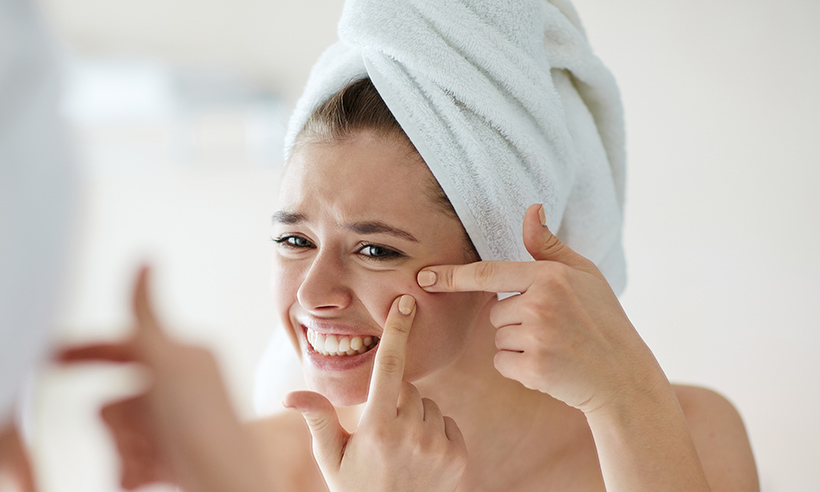With dermatologists and skincare brands consulting online, knowing about their practices can help you make the most of your session
Wondering when you might get to book your next appointment with your dermatologist or skincare expert? The covid-19 pandemic has necessarily led to inventive and convenient solutions of virtual skincare consultations. Dermatologists as well as skin experts from skincare brands are using the internet to consult with and diagnose their patients. While their regular services might be on hold for the time being, doctors and practitioners are adapting their physical sessions for more careful, virtual ones that can be just as effective.
“The concept of a face-to-face appointment, especially in dermatology and skincare, is the gold standard because most of our diagnosis is based on clinical viewing, but a combination of video-calls, still photography and regular communication yields almost similar results, with considerably lessened risks that those of stepping out of your home,” says Dr.Manu Saksena, dermatologist at Apollo Spectra hospital, Delhi.
Be it for self-care or a medical priority, there’s a significant shift in how healthcare is being provided. Dr. Rinky Kapoor, dermatologist and dermato-surgeon, The Esthetics Clinic, India says, “No health issue is primary or secondary. A pigmentation problem, unless urgent, can wait for a few months, but skin problems such as rapidly-spreading fungal infections, aggravated allergies or severe acne and irritation are emergencies and need immediate consultations.” Unsure of how long the pandemic will last, these consultations might be here to stay too, especially with doctors and practitioners pivoting to the digital medium.
While most diagnoses can be made over video, there are also certain limitations that require a closer look. “Many things can look similar, and so not every diagnosis can be made online, but these limitations are not difficult to overcome,” says Dr. Kapoor.
The Indian Association of Dermatologists, Venereologists and Leprologists (IADVL), the national body governing such medical practices, has set guidelines for doctors and practitioners to follow, so that the session goes as smoothly as possible. Dr. Kapoor describes the standard format: “The patient must fill a questionnaire outlining their medical history, quite similar to how it takes place for a physical consultation. Since it is an online consultation and there are possibilities of things going amiss during the consultation online, the patient needs to sign a declaration of being ready for such a consultation. Pictures of the parts affected with the problem will be asked for, with consent. A brief medical history is asked for, covering those related to skin and hair. A confirmation is made about whether an online consultation can be made, and the appointment is made.” The patients and clients should be aware of what doctor or practitioner they are consulting, and that their personal information is safe with them.
Skincare brand Forest Essentials offers calls for “personalized recommendations on products, beauty rituals, lifestyle queries or our signature Ayurvedic Dosha Consultation.” On their website, customers simply need to fill out a questionnaire and schedule consultations at their convenience, from Monday to Saturday.
Dr. Saksena believes that the only major disadvantage is the doctor’s reassurance. “It depends on the doctor’s skills. In a face-to-face consultation, doctors can provide a better reassurance to patients, but on online consultations, the latter is aware of the circumstances and is understanding. There’s a sense of closure.”
Article Source – https://www.livemint.com/mint-lounge/features/what-you-should-know-before-your-virtual-skin-consultation-11598588521920.html









